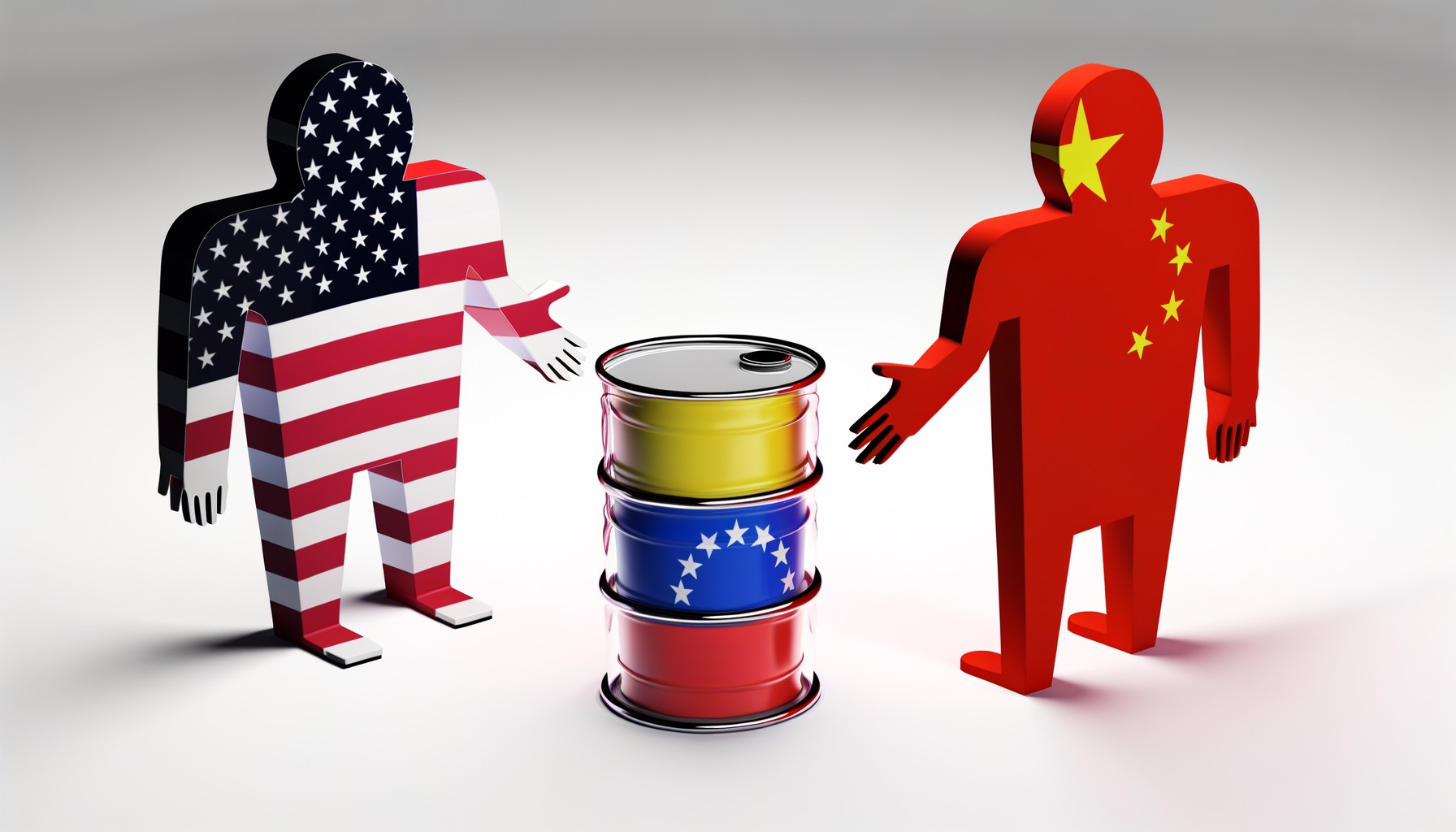Samsung, the largest smartphone manufacturer in India, is under pressure from the Indian government over an alleged tax evasion involving telecom equipment imports.
Authorities claim the company dodged import tariffs between 2018 and 2021 by misclassifying key components it sold to Reliance Jio.
The component in question, the ‘Remote Radio Head,’ was reportedly imported from Korea and Vietnam. While Samsung argues the part does not function as a transceiver and therefore shouldn’t be subject to import duties, Indian officials point to earlier communications from the company describing it as such.
Tax raids carried out in 2021 uncovered internal documents and emails that reportedly support the government’s case. Samsung denies any wrongdoing and insists it followed local laws, citing a disagreement over technical classification rather than deliberate fraud.
The company is now exploring legal options to contest the demand. Meanwhile, seven Samsung executives in India face additional fines totalling $81 million. Reliance Jio, the buyer of the equipment, has not issued a statement.
For more information on these topics, visit diplomacy.edu.










